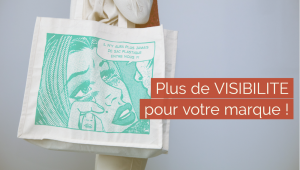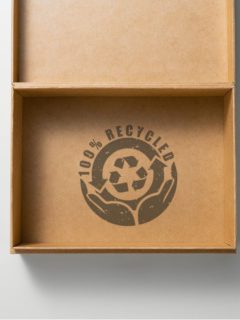Thin plastic bags, known as “shoulder bags”, have theoretically disappeared from the checkout counters of all shops since 1 July, so this will be the first back-to-school season without bags!
By 2017, all thin plastic bags will no longer be distributed
acting on the law on the energy transition for green growth, the ban on these bags and especially its scope were uncertain for a long time. the implementing decree of 1 April 2016 decided on a total ban on single-use bags with a thickness of less than 50 microns.
all bags are concerned, regardless of their volume, price or the retailer who distributes them!
Initially targeting bags distributed at the checkout, it will be extended from 1 January 2017 to other bags available in shops, such as those for fruit and vegetables
How to adapt to the new obligations of the Energy Transition Law?
facing a new regulation is never easy, which is why RAJA is supporting retailers in this change a range of products that comply with the regulationsthe Group has created a range of products that includes kraft paper bags, but also reusable bags made of thick plastic, cotton, jute or woven polypropylene to replace the bags distributed at the checkout. The range also includes bio-based plastic bags, alternatives to other bags. Also read on our bloghow Book-Off France, a subsidiary of the Japanese cultural chain, is using its bags as a formidable advertising medium
Also read on our bloghow Book-Off France, a subsidiary of the Japanese cultural chain, is using its bags as a formidable advertising medium
We propose an infographic to summarise the alternatives to the bags banned today and from 1 January 2017.
For the record… what options have been chosen by the major retailers?
although the law has been in force for a few weeks, it has not removed the bags from the shops, as the major retailers have quickly adapted to the new regulations
- The Monoprix group was the first to withdraw all its plastic bags; replaced by recyclable paper bags.
- The Auchan Group has opted for a bag made in France from plastic recovered from the Group’s shops and warehouses, which is exchangeable for life and fits 20-litre bins.
- However, the pioneer in this field was E.Leclerc, which abolished single-use bags as early as the 1990s… not without humour.














